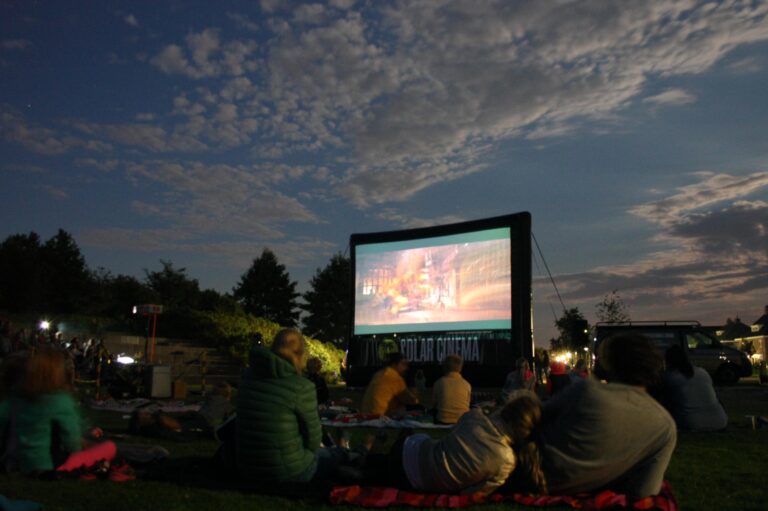Introduction to Solar-Powered Cinema
In Zambia’s rural communities, access to entertainment and education can be quite limited. Solar-powered cinema is emerging as a fascinating solution to bridge this gap, bringing films and educational content to areas that often lack electricity. By utilizing solar energy, these cinemas provide an innovative platform for community engagement and learning.
The Role of Solar Energy in Rural Development
Solar energy plays a crucial role in transforming Zambia’s rural landscape. The implementation of solar-powered cinemas supports both environmental sustainability and social development. This approach not only reduces reliance on fossil fuels but also promotes a sense of community by providing a shared space for social gatherings.
Benefits of Cinema for Education and Culture
Cinemas can serve as powerful educational tools, especially in rural areas. With solar-powered screenings, communities gain access to films that educate as well as entertain. This can raise awareness on crucial issues such as health, agriculture, and human rights, leading to a more informed population.
Case Study: The Impact of Solar-Powered Cinema in Remote Areas
One of the most remarkable implementations of solar-powered cinema can be seen in several villages across Zambia. These initiatives have sparked interest in various social topics and fostered discussions among community members. Furthermore, they create a unique bonding experience as people gather to watch films under the stars.
Challenges and Future Prospects
Despite its success, the initiative faces certain challenges. Maintaining equipment and fostering local interest are vital for sustainability. However, with continued support and innovation, solar-powered cinemas could expand to reach even more underserved communities, enriching lives across Zambia.
Conclusion
solar-powered cinema represents a promising intersection of technology and community development. By bringing cinema to the heart of rural Zambia, it not only offers entertainment but also fosters education and community interaction. For more information on this initiative, visit the Borgen Project’s article on solar-powered cinema here.

